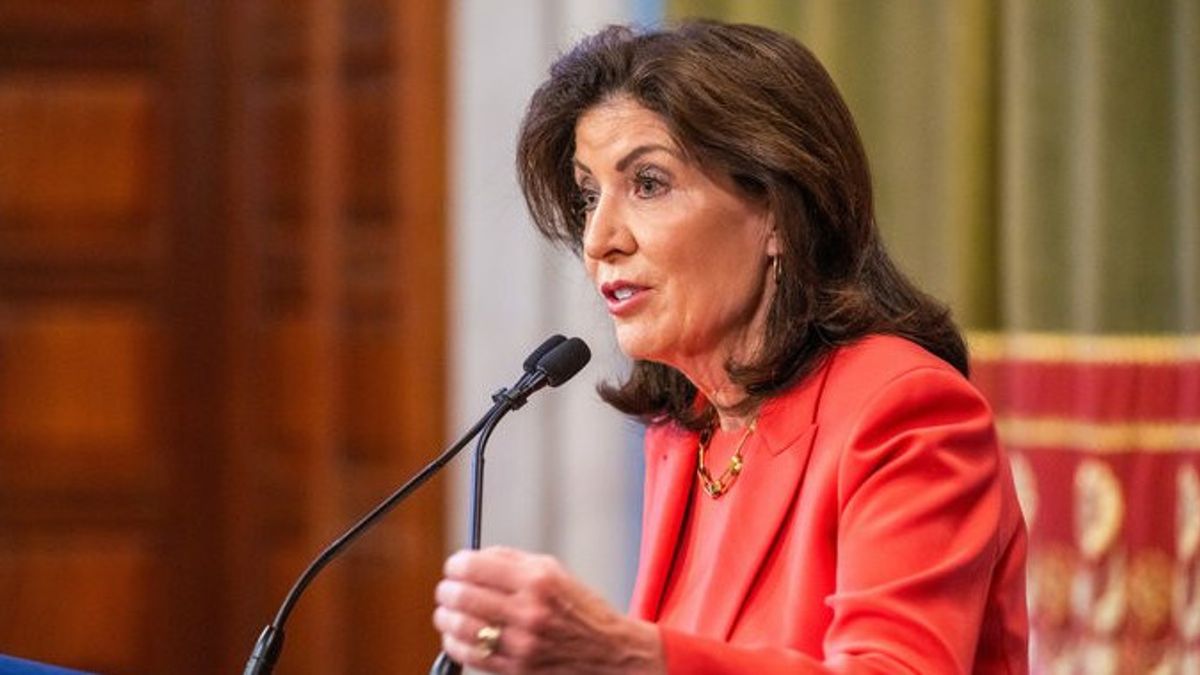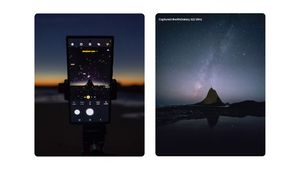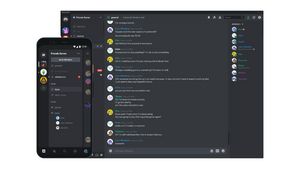JAKARTA - The New York state Legislative Council on Friday, June 7 approved legislation to ban social media platforms from displaying algorithm content deemed "addictive" to users under the age of 18 without parental consent. This is one of several moving states to limit online risks to children.
An accompanying law that restricts online sites from collecting and selling individual data of underage users also received final legislative approval at the New York Assembly on Friday, a day after both measures were approved by the state Senate.
New York Governor Kathy Hochul is expected to sign both of them into law. He praised the two steps as "a historical step forward in our efforts to address the youth mental health crisis and create a more secure digital environment for young people."
Social media companies such as Meta Platforms Inc., whose platforms include Facebook and Instagram, could be affected by their revenues.
Legislative supporters pointed to a Harvard University study that recently found that the six largest social media platforms generated US$11 billion (Rp179 trillion) from advertising to children in 2022.
The law's sponsors also cited studies linking levels of depression, anxiety, sleep disorders, and other mental health problems to what they define as excessive use of social media by teens.
The NetChoice industry association condemned the legislation, calling it a statement "an attack on free speech and open internet" by "forcing websites to censor all content unless visitors provide IDs to verify their age."
The organization said it had successfully challenged similar measures from three other states in court as unconstitutional.
A governor's spokesman said the law would not censor website content and said the law provided the use of one or more age verification methods that maintain user anonymity.
Meta, where its chairman and CEO Mark Zuckerberg is one of the founders of Facebook, provides support for the law.
"Although we disagree with every aspect of this law, we welcome New York to become the first state to pass legislation recognizing application store responsibility," the company said in a statement.
Under a law known as the SAFE (Stop Additive Feeds Exploitation) for Kids Act, social media users under the age of 18 should get parental consent to view "addictive" feeds. This is generally defined as content originating from accounts they don't follow or subscriptions but submitted by algorithms designed to keep them on the platform for as long as possible.
Instead, young social media users can still receive chronological content feeds from accounts they have followed or from content that is generally popular, the way sponsors say social media feeds work before the emergence of a "dictive" algorithm.
Young users can still search for certain interesting topics, connect with friends, and join online groups, while non-addictive algorithms used for unwanted or obscene content search or filtering functions are still permitted without parental consent.
According to a summary of the law from New York attorney general, the legislation will apply to platforms whose feeds consist mainly of user-generated content and recommended material to users based on the data they collect from them.
SEE ALSO:
The summary mentions Alphabet Inc's Facebook, Instagram, TikTok, Twitter, and YouTube as likely to comply with the action.
The accompanying law, called the New York Children's Data Protection Act, will prohibit all online sites from collecting, using, sharing, or selling anyone's personal data under the age of 18 unless they receive "informed consent," or unless the data collection and sharing are indispensable for the site's purpose.
Untuk pengguna di bawah usia 13 tahun, persetujuan yang diinformasikan harus datang dari orang tua.Penggara bisa dikenal kerugian perdata atau denda hingga 5.000 dolar AS per pelanggaran.
In March 2023, Utah became the first US state to adopt a law regulating children's access to social media, followed by other states, including Arkansas, Louisiana, Ohio, Texas, and Florida.
The English, Chinese, Japanese, Arabic, and French versions are automatically generated by the AI. So there may still be inaccuracies in translating, please always see Indonesian as our main language. (system supported by DigitalSiber.id)













